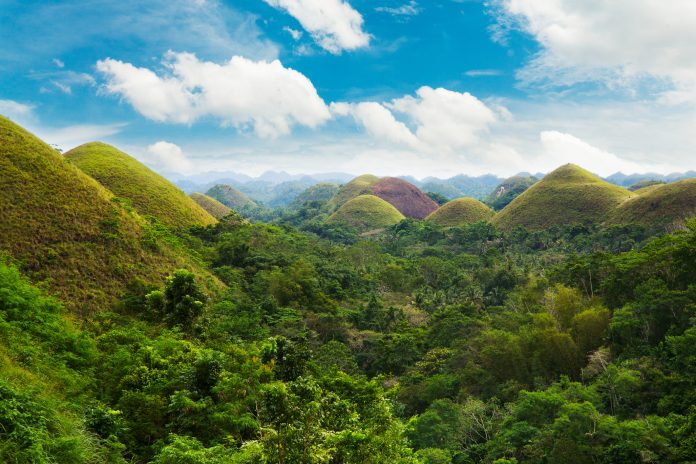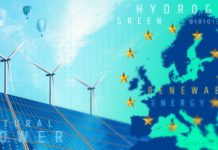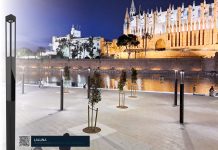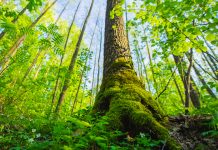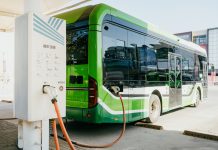To help strengthen marine conservation and climate resilience, the United Kingdom has launched its Climate and Ocean Adaptation and Sustainable Transition (COAST) programme in the Philippines
This programme, a key part of the UK’s £500 million Global Blue Planet Fund, is designed to support sustainable development in coastal areas while protecting vital marine ecosystems.
Sustainable fisheries and livelihood at the heart of COAST programme
The COAST programme hopes to assist the Philippines in developing more sustainable practices in small-scale fisheries and aquaculture, which are essential to the livelihoods of millions of Filipinos. By promoting eco-friendly economic growth, the programme is expected to help coastal communities thrive while preserving the country’s rich marine biodiversity.
The announcement was made during a panel discussion on the blue economy and biodiversity, marking the fifth anniversary of the UK-Philippines Climate Change and Environment Dialogue.
The long-standing partnership has been key to aligning the shared priorities between the two nations, particularly in climate action, nature conservation, and sustainable development.
Shared challenges, shared solutions for island nations
The United Kingdom, shares similar environmental challenges and opportunities with the Philippines. Both countries rely heavily on marine resources and face increasing threats from climate change, including rising sea levels, stronger typhoons, and the degradation of marine habitats. The COAST programme represents a collaborative effort to address these challenges by supporting resilient communities and healthy ecosystems.
The programme will empower local stakeholders, particularly fisherfolk, through improved access to resources, training, and sustainable practices.
It will also encourage the adoption of policies that protect coral reefs, mangroves, and seagrass beds, which are essential for biodiversity and climate mitigation.
As part of its growing support for Southeast Asia’s environmental resilience, the UK also introduced the ASEAN-UK Green Transition Fund EnCORE Wetlands Project. This £1.4 million initiative will focus on conserving and restoring wetlands and peatlands, which play a key role in carbon storage and climate regulation.
New wetland project
The wetlands project is being implemented with the ASEAN Centre for Biodiversity and the Global Environment Centre. It will begin with two model sites, Agusan Marsh Wildlife Sanctuary in the Philippines and Maludam National Park in Malaysia. These areas will act as pilot locations for developing scalable tools, technologies, and policies that can be replicated across the region.
In addition to its environmental benefits, the project aims to support local communities by promoting nature-based solutions and creating opportunities for sustainable livelihoods. These include eco-tourism, green jobs, and community-led conservation initiatives.
The panel discussion brought together a diverse group of leaders and experts, including government officials, environmental advocates, and development partners, all of which emphasised the importance of balancing ecological preservation with economic progress.
Key themes included inclusive development, gender equity, and the need for innovative financing mechanisms to support a sustainable blue economy.
By implementing this programme, the UK continues to strengthen its partnership with the Philippines and the wider ASEAN region in tackling the urgent challenges of climate change and biodiversity loss.

